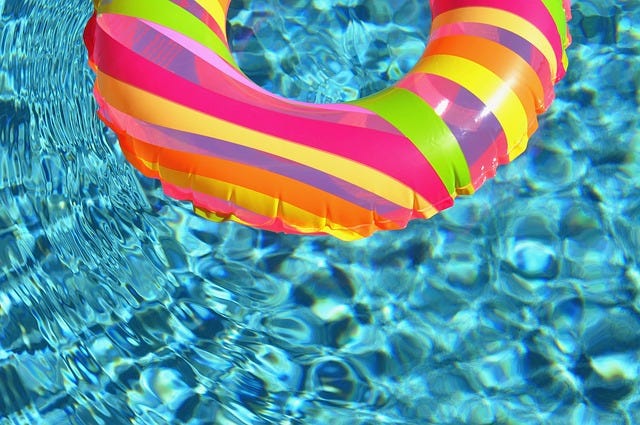In the summer of 2015, my parents were critically ill at the same time. I was running a small business, delivering workplace presentations on behalf of Employee Assistance Programs, and working part-time jobs. While I did everything in my power to keep my parents alive, I didn’t have the energy for my self-care activities to which I had been so committed: My daily 50-minute walks and three-times-per-week Pilates work-out.
The juggle, the struggle, the worry, the stress showed up in a 30-pound weight gain, seemingly overnight. I could wear my jeans in May. I could barely get them over my ankles in October.
A year later, I shared about my challenging summer and my weight gain with a colleague. “Oh,” he said, “you weren’t taking care of yourself.”
Wow, did that comment piss me off.
It also inspired me to really look at self-care during caregiving. Often, our need for peace of mind, the knowledge that we did all we could during a crisis, means we sacrifice sleep. Then, our utter exhaustion lead us to decide we need to rest on the couch rather than take the walk. Then, our craving for energy drives us to a carb-heavy meal.
We do our best to meet our needs during the intensity of caregiving. We’re not lazy, or neglectful or ignoring our needs. We’re surviving.
This past week, I had an insight about the reality of our caregiving experience. Caregiving breaks our life. We no longer call our schedule our own, we no longer see some family members as supportive, we no longer have time for who and what we love, we no longer assume we’ll have the help we need when we need it.
We need to heal our broken life. The process of healing needs time, compassion, forgiveness. I truly believe many family caregivers are right now in the process of healing their lives. That priority means the traditional self-care definitions simply may not apply. Before I can enroll in a yoga class or take a walk or enjoy a bubble bath, I need to put the pieces of my life back together. Then, when I feel like some of life fits again, I can think about beginning my day with a seven-minute work-out on my app or ending my day with a walk.
It’s why the messages in the media (“family caregivers neglect their health” and “family caregivers ignore their self-care”) simply don’t ring true to so many of us in the caregiving experience. We’re focused on healing our lives. We need support in our healing. We don’t need to fixed. We need to be understood.
During that summer of 2015, I took regular breaks at my community pool. In the pool, I floated on my back, simply watching the clouds and receiving the sun. I had no energy for exertion. I had no desire to swim. I floated which kept me from drowning.
When we’re healing, we’re floating. Even though floating didn’t keep my weight off, it kept me from an utter collapse. Because of the floating, I survived. We all should be allowed to float without judgement until we can swim.
Both floating and swimming are forms of self-care. It’s important we embrace our amazing ability to stay afloat when the crushing waves of caregiving break.
When did you have to float in order to avoid drowning during your caregiving experience?
(Image by PublicDomainPictures from Pixabay)
Updates
Deadline to nominate a caregiving book, advocate or TikTok channel for The Caring Awards is November 15.
Use our caregiving advocacy tool kit to contact your representatives to ncrease awareness of the need for caregiving support and help.
Certified Caregiving Specialist Scholarships: If you care for a family member and would like the flexibility of your own business, our CCS training may be the right fit. Deadline to apply is 10/30.
Tell us about your days as a family caregiver or former family caregiver.
Win when you join us for our November events. Prizes include free enrollment in our Certified Caregiving Consultant training program.




